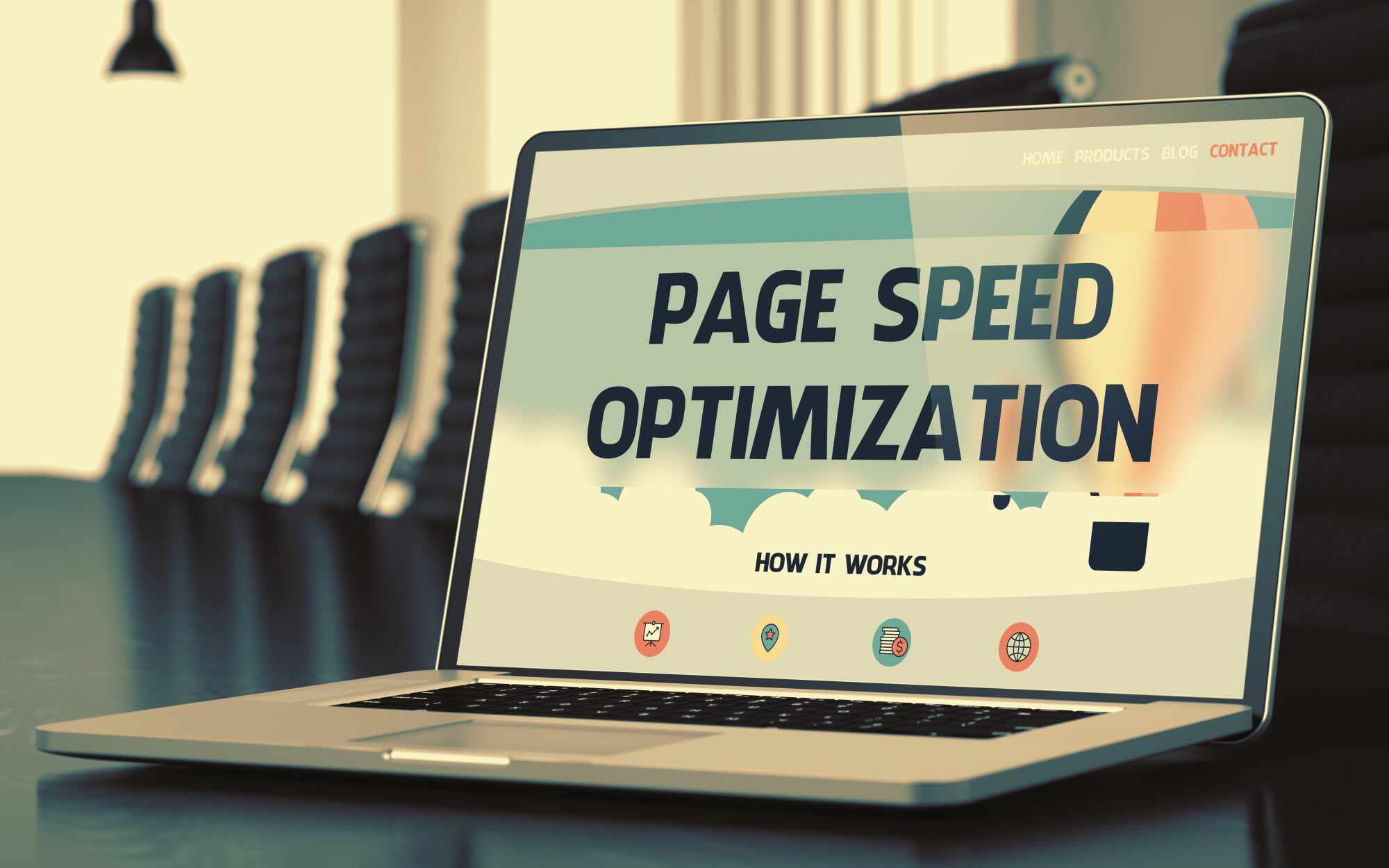How to Speed up Your Website so You Don’t Lose Visitors
Did you know that every month nearly 200 million people visit the Amazon website?
Even for a global company, that’s a whole lot of traffic! For a lot of websites, it would be enough to bring operations to a halt, leading to crashes and disappointed customers. But for Amazon, their site doesn’t even slow down.
Page speed is incredibly important to keep customers happy and boost your website’s SEO and, while you probably won’t see as many as 200 million people every month, your site still needs to handle plenty of traffic. If it’s slow at the moment, speeding up should be your top priority.
Read on to learn how to speed up your website quickly!
Reduce Your HTTP Requests
Around 80% of your website’s load time comes from processing HTTP requests. An HTTP request is made for every different part of your site, from images to text, and the more components you have the longer it’ll take for your site to load. Your first step to improve website speed should be to go through your HTTPs and minimize the number of requests your site has to make.
If you’re using Google Chrome, right-click on the site you’re looking at, then click inspect, followed by network. You’ll then be shown a table of all of your files and the time it takes to load each. Reduce these, and you could fix a slow website.
Load Asynchronously
CSS and JavaScript are loaded in two ways: either synchronously or asynchronously. The former loads scripts one at a time, the latter loads some of them at the same time. Choose asynchronous loading to boost website speed and prevent a clunky, slow page.
Compress Your Files
If you’re looking into slow website causes, you’ll find that it’s often to do with files that are too large. The larger the file, the longer it takes to load!
To keep your files small and increase page speeds, you need to compress them. You can do this through tools like Gzip, which limits HTML, CSS, and JavaScript files to 150 bytes max.
Start Using Browser Caching
When it comes to how to speed up a mobile website, mobile caching is very common. If your audience will come back to your site multiple times, caching keeps the loaded pages on their computer, ready to go. It takes slightly longer to load the first time, but when they come back it should load in an instant.
Disable Plugins You Don’t Use
For WordPress users, it’s vital you remove any plugins which you don’t use. These plugins take a whole lot of power to load, drawing focus away from the features you actually want to load quickly. Even if you think you might use them later, the importance of page speed is far more important than keeping them just in case!
Learn More About How to Speed Up Your Website
If you’re looking into how to speed up your website, this is just the beginning. There’s an almost endless list of things you can do to boost speeds and keep your audience happy, so keep learning and keep optimizing!
If you enjoyed this website, feel free to check out more digital topics here on our website.




